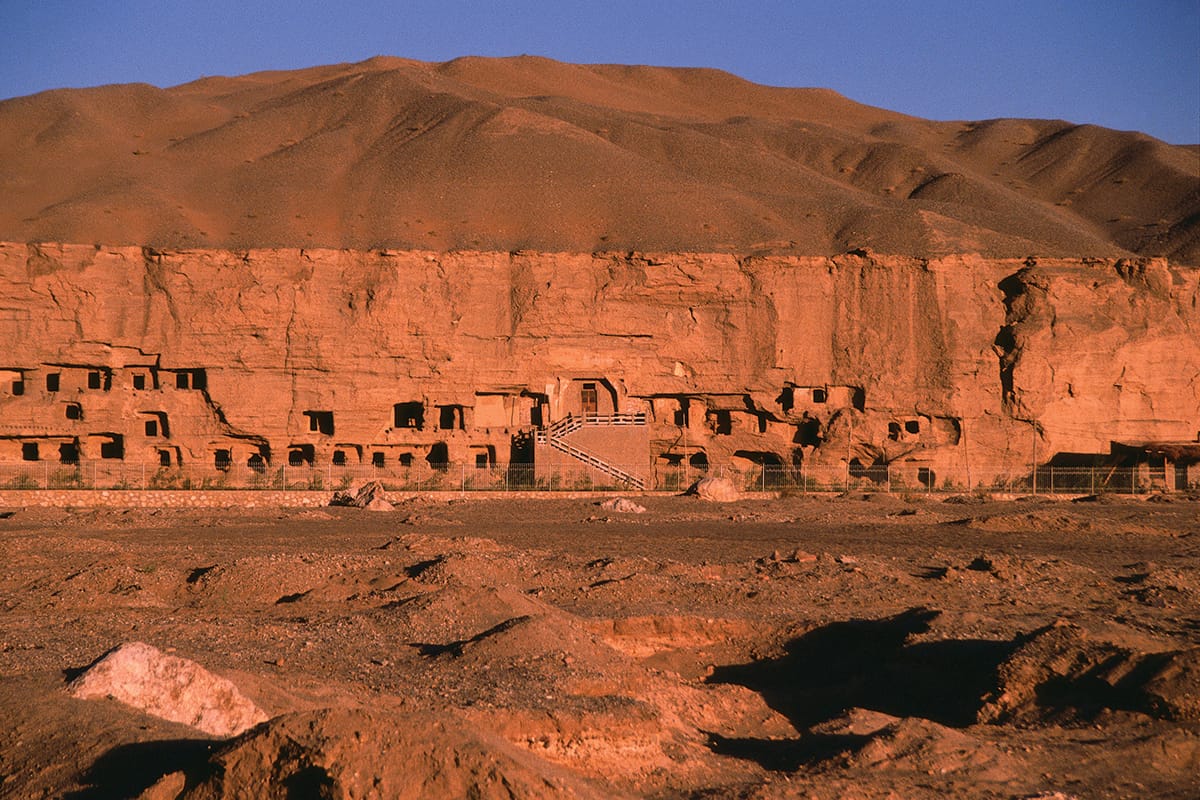If someone else's point of view is rife with superstitions we need not encourage that. I know we all have our own superstitions, but as human beings (zen practitioner or not) we should examine our beliefs and drop them if they are just useless or baseless. I think that too is what zen is about; in that respect it is very scientific.
Gassho,
Risho
-sattoday
Gassho,
Risho
-sattoday




Comment